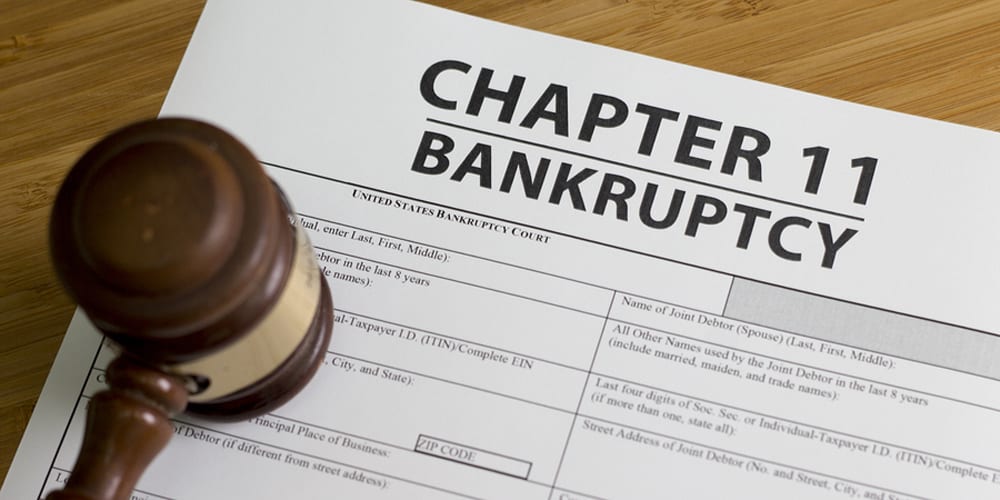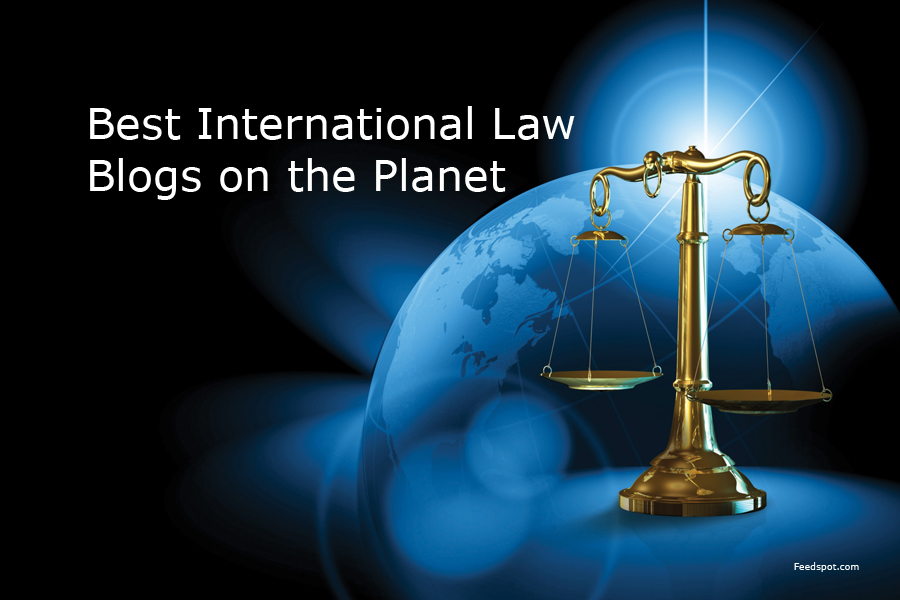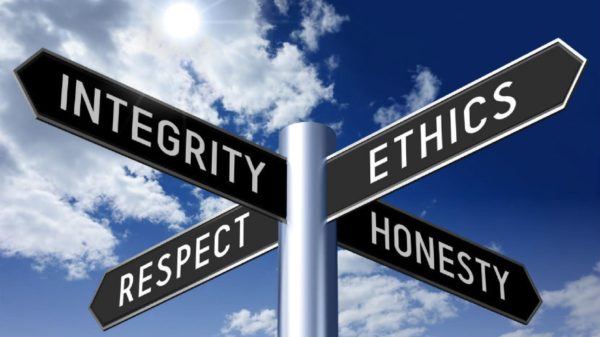
The Complex Landscape of Bankruptcy
Bankruptcy is a financial term that echoes both distress and opportunity. In this comprehensive exploration, we delve into the intricacies of bankruptcy, examining the terminology, the legal frameworks, and the potential paths individuals and businesses may navigate when facing financial crossroads.
1. Filing for Chapter 7: Liquidation and Fresh Starts
For individuals and businesses seeking a fresh financial start, the term “Chapter 7 bankruptcy” becomes pivotal. Often referred to as “liquidation bankruptcy,” it involves the sale of non-exempt assets to settle debts. This process allows for the discharge of unsecured debts, providing individuals with an opportunity for a financial reboot.
The intricacies of Chapter 7 involve a trustee overseeing the liquidation process, ensuring equitable distribution to creditors. The terminology surrounding this chapter includes “exempt assets,” which are protected from liquidation, allowing filers to retain essential possessions.
2. Chapter 13: Reorganization and Debt Repayment Plans
Contrasting …




